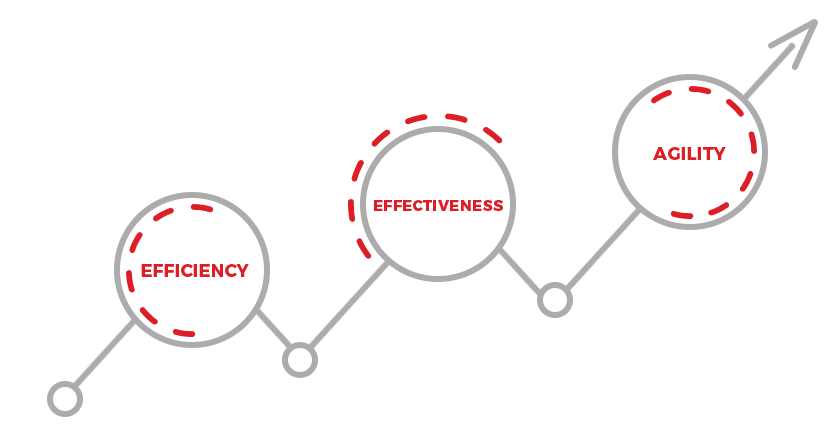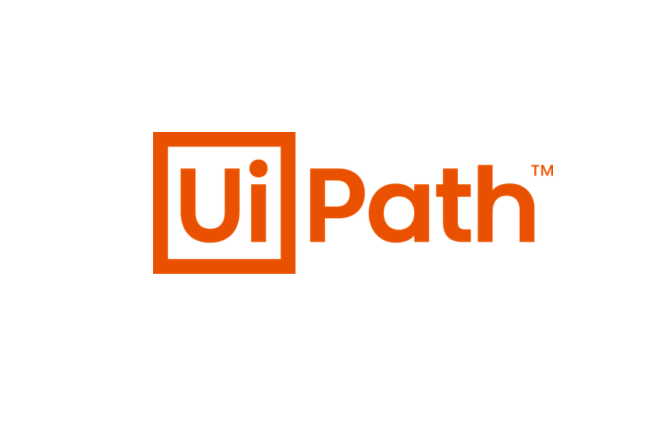“Long-term success requires faith – faith that your efforts to plan and execute the process will lead to the desired outcome.” Tony Dungy, first African-American football coach to win the Super Bowl. Coach Dungy’s words ring just as true in business as in football.
The goal of your business, of any business, is to earn profits (financial or other), thus increasing its value. To do this, you need to make sure that your business processes are not only working correctly, but are working well, and in concert, to move your business forward and avoid potentially ruinous pitfalls.Whether it be low-level, hands-on processes such as packing, labeling and shipping, or broad, organizational processes such as manufacturing processes, managing inventory, or customer service, every piece of the puzzle is instrumental in achieving long-term success.
Of course, as a business owner or manager, you know this intuitively, but how, in practice, can you make sure that your processes are, indeed, running smoothly? How can you have “… faith that your efforts to plan and execute the process will lead to the desired outcome”?
It’s all about optimization
The answer is to optimize, to continually sharpen and fine-tune your processes so that you can feel confident that things are working, to the extent possible, as you have planned them. In business, this is called “Business Process Optimization”, or BPO, a part of Business Process Management (BPM) – “a holistic systematic approach to achieving optimized business outcomes” (IBM). More precisely we can say that – BPO is a way of streamlining processes in order for businesses to function more efficiently and effectively.
The goals of BPO can, therefore, be broken down as follows:
To improve efficiency – e.g. automate where possible, reduce process cycle times, eliminate waste, etc.
To improve effectiveness – e.g. improve decision making, execute in a consistent fashion, be better at handling exceptions, etc.
To become more agile – ultimately, all of the above are aimed at forming a business that is able to readily adapt, giving it competitive advantages and an ability to expand.

A recipe for long-term success
These are lofty objectives that, when implementing BPO as an integral part of your business practices, translate into real-world outcomes that are vital to keeping your business running and profitable well into the future, such as:
- Streamlined operations, increased efficiency and productivity – With clear, well-structured processes in place, employees can access and process information faster, allowing them to focus on their core tasks and leading to greater precision and productivity.
- Cost Savings – Similarly, better processes and operations mean less overhead and unnecessary spending, permitting you to devote more resources to strategic activities.
- Consistency – Solid, non-complex processes are easy for employees to comprehend and follow, leading to greater consistency in customer, partner and supplier experiences.
- Enables delegation of authority – If your processes properly reflect your goals, you can feel comfortable in letting others oversee their execution.
- Clearer visibility into your business – Organization-wide process optimization requires understanding the relationships and reconciling between the details (minor processes) and big picture (mega, organization-wide processes) such that optimization of one doesn’t damage the other.
- Enables growth – Perhaps most importantly, strong, consistent processes are also scalable, permitting growth while making sure that nothing breaks along the way.

There are many other reasons for pursuing BPO, such as brand building and facilitating compliance. Moreover, the process itself has benefits, including rallying your organization to greater awareness for optimization opportunities and increasing transparency. All of these are stimulants for the success of your business down the line. However, to fully appreciate the impact and importance of BPO in the long run, you need only look at the world’s largest, most robust corporations for whom BPO is a way of life. Companies from McDonalds and Starbucks to Lockheed Martin, Pfizer, Google and Amazon, are constantly honing their processes and their very success is a testament to the long-term advantages of business process optimization.
Learn more about business and process optimisation here







